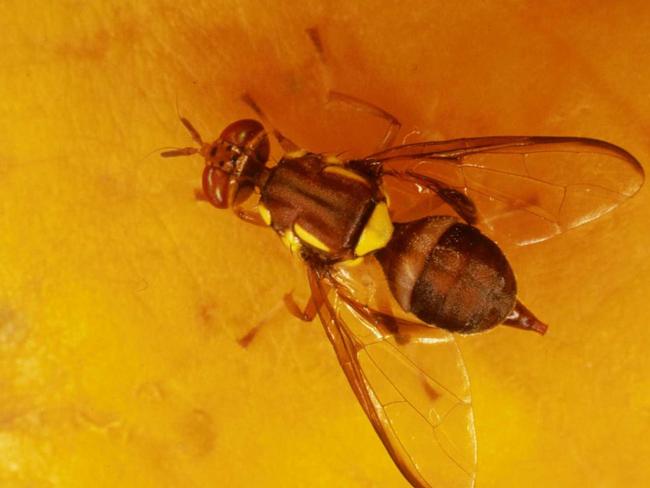Deakin University research suggests loneliness could cause cancer to grow faster
LONELINESS may cause tumours to grow more rapidly according to new research, leading to calls for better social support for patients battling cancer.
VIC News
Don't miss out on the headlines from VIC News. Followed categories will be added to My News.
LONELINESS may cause tumours to grow more rapidly, leading to calls for better social support for patients battling cancer.
New Victorian and international research has shown tumours in socially isolated animals grow faster than those surrounded by their peers, reinforcing human studies that found better social connections could influence the success of cancer treatment.
Having seen tumours develop 10 per cent faster in isolated insects in a world-first study published today, Deakin University researcher Beata Ujvari believes the emotional toll of loneliness for humans can also detract from their efforts to combat disease.
RESEARCHERS DISCOVER HOW KEY CANCER-FIGHTING GENE WORKS
ISOLATION AND LONELINESS PUTTING OLDER VICTORIANS AT RISK
WHY BEING ALONE IS BAD FOR YOUR HEALTH

“We think it causes an extra stress to the animal and, in the stressful environment, won’t be able to invest as much energy to suppress tumour growth,” Dr Ujvari said.
“So far, cancer treatment mostly focuses on removing the tumour or treating the patient with chemotherapy, but there are so many other factors that can influence outcomes.
“For our study and some of the human studies, we see that social support can make or break treatment and can significantly influence cancer outcomes. It seems to be a tiny factor, but it can have a major impact.”

Dr Ujvari said some US cancer centres had begun evaluating their patient’s social supports as part of treatment, and called for a more wholistic view to be integrated in Australian treatment strategies.
Working with collaborators in France and Spain, the Deakin research found strong differences between the growth rates of stomach cancer tumours in fruit flies kept in isolation compared with being kept in a group.
The highly social insects were studied to mimic the impact of isolation on humans and follows similar research with rodents.
The results, published in Nature Communications, also found non-diseased fruit flies rejected their cancerous counterparts when they were introduced to the group, speeding up the disease’s progression.
Although there have been human studies with similar results, the results are not deemed conclusive because it has been difficult to remove other lifestyle factors, including smoking and pollution.


